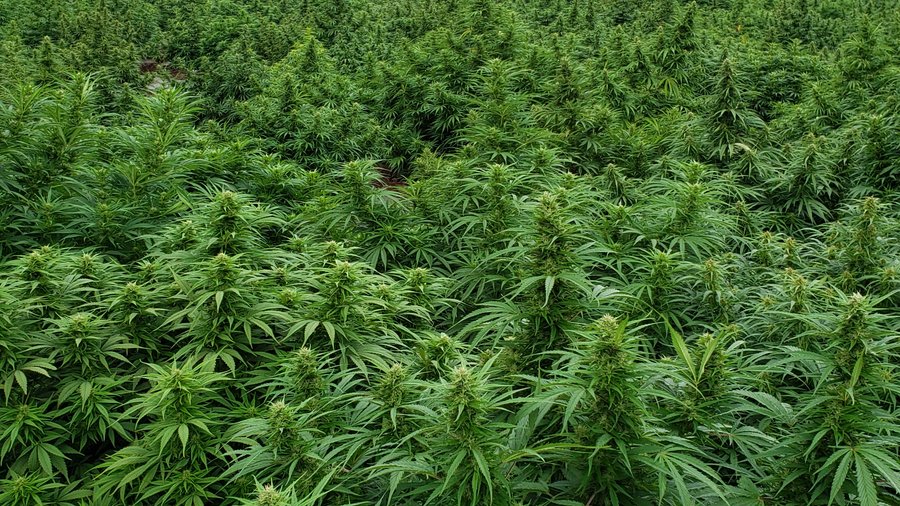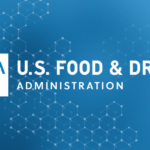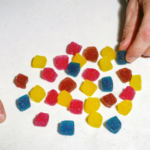As the cannabis industry continues to evolve, hemp-derived Delta-9 tetrahydrocannabinol (THC) products have gained significant attention. Unlike traditional Delta-9 THC, which is derived from marijuana, hemp-derived Delta-9 THC is extracted from hemp plants that contain less than 0.3% THC by dry weight, as mandated by the 2018 Farm Bill. This distinction has allowed for the legal sale of hemp-derived Delta-9 products across various states, leading to an explosion in their availability. However, the rapid growth of this market has prompted concerns about the potency and safety of these products, leading to increased scrutiny by the U.S. Food and Drug Administration (FDA).
This article explores the FDA’s role in regulating hemp-derived Delta-9 THC products, focusing on potency and safety concerns, and the steps consumers can take to ensure they are using these products safely.
Understanding Hemp-Derived Delta-9 THC
Delta-9 THC is the primary psychoactive compound found in cannabis, responsible for the “high” associated with marijuana use. The legal distinction between hemp and marijuana is based on the concentration of Delta-9 THC. Hemp is defined as cannabis containing no more than 0.3% Delta-9 THC by dry weight, while marijuana contains higher concentrations.
Hemp-derived Delta-9 THC products are created by concentrating the small amounts of Delta-9 THC found in hemp plants. These products can include edibles, tinctures, vapes, and other forms of consumption, similar to those made from marijuana-derived Delta-9 THC. However, because they are derived from hemp, they are legal under federal law, provided they comply with the 0.3% THC limit.
The FDA’s Role in Regulating Hemp-Derived Delta-9 THC
The FDA is tasked with ensuring the safety, efficacy, and security of drugs, food, and cosmetics in the United States. This includes products derived from cannabis, such as hemp-derived Delta-9 THC. While the 2018 Farm Bill legalized hemp and hemp-derived products, it also preserved the FDA’s authority to regulate cannabis products under the Federal Food, Drug, and Cosmetic Act (FD&C Act).
The FDA’s primary concerns regarding hemp-derived Delta-9 THC products are their safety, potential health risks, and the accuracy of labeling, particularly regarding potency. The agency has emphasized that just because a product is derived from hemp does not mean it is safe or legal under the FD&C Act. All hemp-derived products, including Delta-9 THC, must meet the same safety and quality standards as other products regulated by the FDA.
Is Your Delta-9 THC Product What It Claims to Be?
One of the significant concerns surrounding hemp-derived Delta-9 THC products is the accuracy of their labeling, particularly regarding potency. The concentration of Delta-9 THC in a product is crucial because it determines the product’s psychoactive effects and its compliance with federal law.
There have been numerous reports of hemp-derived Delta-9 THC products containing higher levels of THC than what is indicated on the label. This discrepancy can lead to consumers unintentionally consuming higher doses of THC, resulting in stronger psychoactive effects than anticipated. For some users, particularly those who are inexperienced or sensitive to THC, this can lead to uncomfortable or even harmful side effects, such as anxiety, paranoia, or impaired motor skills.
The FDA has taken steps to address these concerns by issuing warning letters to companies that market hemp-derived Delta-9 THC products with inaccurate labeling or unsubstantiated health claims. These actions are part of the FDA’s broader effort to ensure that consumers have access to accurate information about the products they are using and to protect public health.
Safety Concerns: What Are the Risks?
In addition to potency concerns, the safety of hemp-derived Delta-9 THC products is a significant issue. Because these products are relatively new to the market, there is limited research on their long-term effects. However, the FDA has identified several potential risks associated with these products.
Inconsistent Dosing:
As with other cannabis products, the effects of Delta-9 THC can vary significantly depending on the dose. Inconsistent labeling and the lack of standard dosing guidelines can lead to unintentional overconsumption, which can have adverse effects on health, particularly for those with underlying medical conditions or those taking other medications.
Contamination:
The production of hemp-derived Delta-9 THC products often involves the use of chemical solvents and other processing agents. If not properly removed, these chemicals can remain in the final product and pose health risks to consumers. Additionally, hemp plants are known to absorb heavy metals and other toxins from the soil, which can also contaminate the final product.
Unsubstantiated Health Claims:
Some companies market hemp-derived Delta-9 THC products as having various health benefits, such as pain relief, anxiety reduction, or even cancer treatment. However, the FDA has not approved these claims, and there is limited scientific evidence to support them. Consumers may be misled into using these products as treatments for serious health conditions without understanding the potential risks.
Youth Access and Use:
The appealing nature of some hemp-derived Delta-9 THC products, such as delta 9 gummies, can make them particularly attractive to young people. The FDA is concerned about the potential for these products to be marketed in ways that appeal to minors, leading to unintended exposure and use.
FDA’s Actions to Ensure Safety and Potency
To address these concerns, the FDA has implemented several measures to regulate hemp-derived Delta-9 THC products. These include:
Warning Letters:
The FDA regularly issues warning letters to companies that violate the FD&C Act by selling misbranded or adulterated products. These letters often target companies that make false health claims, sell products with inaccurate labeling, or fail to meet safety standards.
Public Education Campaigns:
The FDA has launched initiatives to educate the public about the risks associated with cannabis-derived products, including hemp-derived Delta-9 THC. These campaigns aim to provide consumers with accurate information so they can make informed decisions about their use of these products.
Collaboration with State Regulators:
The FDA works closely with state health departments and regulatory agencies to monitor the market for hemp-derived products. This collaboration helps identify and address issues related to product safety, labeling, and marketing.
Research and Data Collection:
The FDA is actively involved in research to better understand the effects of hemp-derived Delta-9 THC on health. This research includes studying the potential benefits and risks of these products and how they interact with other substances.
Ensuring Safe Use: What Consumers Can Do
Given the concerns surrounding the potency and safety of hemp-derived Delta-9 THC products, consumers must take steps to ensure they are using these products safely. Here are some tips:
Check for Third-Party Lab Testing:
Reputable companies often provide third-party lab test results that verify the potency and purity of their products. These tests can help ensure that the product contains the amount of Delta-9 THC advertised and is free from harmful contaminants.
Read Labels Carefully:
Always read the label to understand the amount of Delta-9 THC in the product. Start with a low dose, especially if you are new to THC or trying a new product, and wait to see how it affects you before consuming more.
Avoid Products with Unsubstantiated Health Claims:
Be wary of products that claim to treat or cure medical conditions without FDA approval. These claims are often not backed by scientific evidence and can be misleading.
Store Products Safely:
Keep hemp-derived Delta-9 THC products out of reach of children and pets. These products can be mistaken for regular snacks, leading to accidental ingestion.
Consult a Healthcare Professional:
If you have any underlying health conditions or are taking other medications, consult a healthcare professional before using hemp-derived Delta-9 THC products.
Conclusion
The FDA’s focus on the potency and safety of hemp-derived Delta-9 THC products highlights the importance of regulatory oversight in this rapidly growing market. While these products offer new opportunities for consumers, they also come with significant risks, particularly when it comes to inconsistent labeling and potential contamination. By taking steps to educate the public, enforce regulations, and promote research, the FDA is working to ensure that hemp-derived Delta-9 THC products are safe and accurately represented.
As a consumer, it is crucial to stay informed and choose products that have been thoroughly tested and meet safety standards. By doing so, you can enjoy the potential benefits of hemp-derived Delta-9 THC while minimizing the risks associated with its use.






